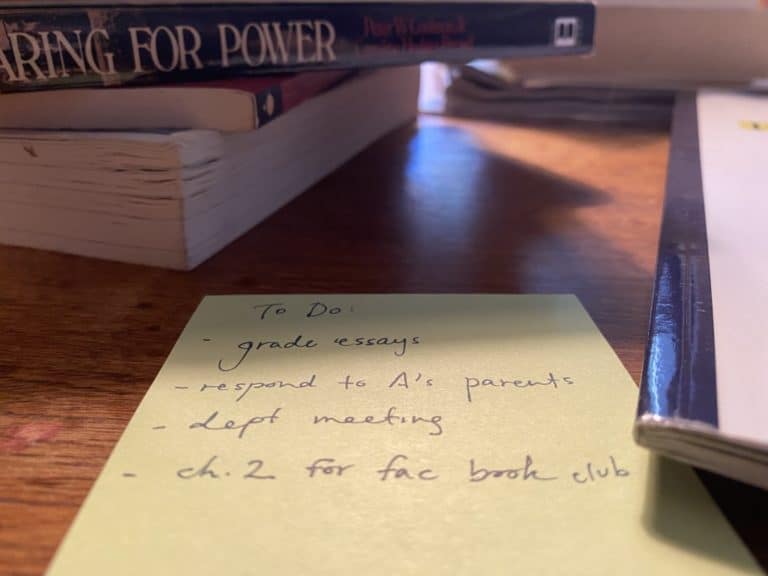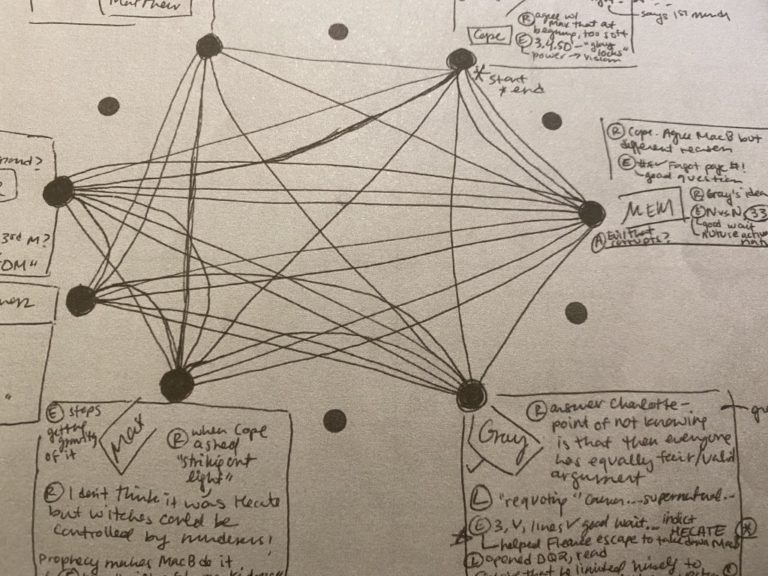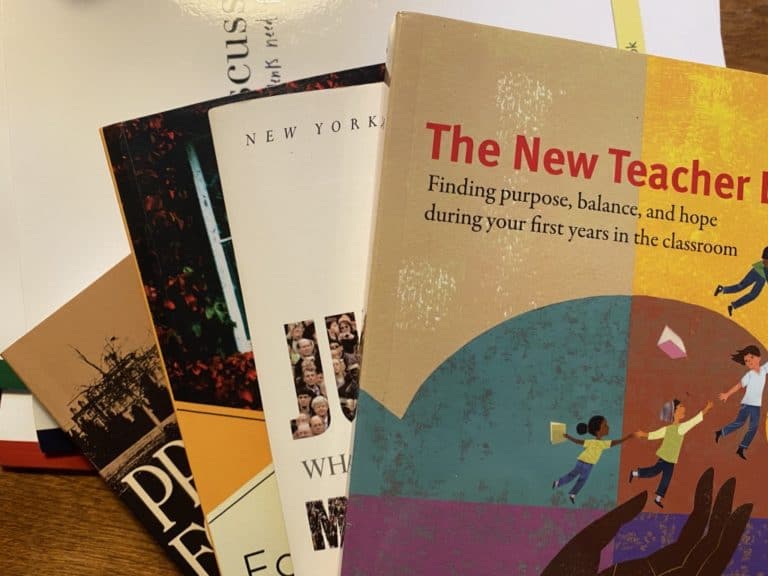Beyond the Syllabus: Reckonings, Hellfire, and Software Engineering
This week’s Beyond the Syllabus pinpoints three bright fires worth approaching more closely.
Book Cathy Park Hong, Minor Feelings: An Asian American Reckoning. Even before the Atlanta shootings rocked the United States with another round of debates over gun violence and what is or is not a racially-motivated violence, Hong’s collection of essays was a bestseller. Writing, from many angles, about her own life, Hong tells stories that illustrate how difficult it is to write from a BIPOC position in the United States without making oneself a synecdoche, or setting oneself up to become a synecdoche. Introducing a world of intellectualized affect theory into honest and open prose, Hong describes her experience while theorizing what she calls “minor feelings.” We recommend Hong’s writing for the way that it illuminates the complexities of voice for Asian American people, Asian American women, artists, people with mental illness, and other marginalized identities in probing endlessly “difficult” topics of race, class, gender, and history. The conclusion of her essay “Bad English” names a sentiment that characterizes our own — and our students’ — apprehensions and fears in conversations now: “How can I write about us living together when there isn’t much precedent for it? Can I write about it without resorting to some facile version of multicultural oneness or the sterilizing language of virtue signaling? Can I write honestly? Not only about how much I’ve been hurt but how I have hurt others?” (109). The volume begins to provide an answer.
Twitter Storm Lil Nas X. If think you’ve never heard Lil Nas X’s voice, you probably have. His latest #1 hit, “Call Me By Your Name,” recently incited a not-unfamiliar fury over representations of Satan and gay sex in the newly-released music video. The first place to look to learn more should be the artist’s Twitter page, on which he has, over the past days, responded to others, retweeted, and reiterated his own position as an artist. The media and online discourse around the song is multilayered yet predictable, raising warning flags from several sides around religious persecution, homophobia, capitalism, and the ever-present imperative that celebrities serve as role models for children. We encourage anyone who works with or around teenagers to dig into the pockets of internet conversation about the song, where debate rages around different elements of the video depending on the age of the viewer. Though hardly a balanced or necessarily productive conversation as-is, the debates that spring from Lil Nas X’s creation can help educators see their students and the world in which they live more clearly — and then enfranchise them in teasing apart a limitless debate with a rich history.
New Schools Software Engineering. Several of In R.E.A.L. Time’s recent guests have alluded to or even named a pattern in education: that, in the wake of our pandemic, modes of learning and delivery will shift, as will the disciplines our students study. Nonetheless, when we search items like “Software Engineering School” or “UX School” on Google, top items still point us to brick-and-mortar B.S. degrees. Young people who research know soon enough about programs like Fullstack or Holberton, but K-12 educators need to read up, too. What’s remarkable about tech-prep schools is that they don’t give degrees, but their graduates secure well-paying and generally stable tech-sector jobs; what’s also remarkable is that most of them require no experience or prerequisites for students to enter, or if they do, they even offer free or low-cost test-prep and admissions materials to boost access to the programs. Imagine: schools making public the means to access them. Even beyond the imperative to boost student access to technology tasks in schools, tech programs can offer educators an even broader challenge to think differently about what access and rigor might mean; as much as they’ve learned from more traditional education leaders about how to ensure that students learn, it’s high time that we listen back and learn from their success.





